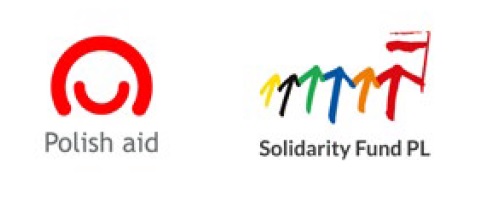EU Sanctions on Belarus as an Effective Policy Tool
The situation of Belarus is currently quite clear. Lukashenka is hanging on to power because of his continued grasp on the security forces and Putin’s support. Russia controls as much as it wants to control. So far, no significant cracks have appeared in Lukashenka’s hold on the security forces. While the popular protests of 2020 were far stronger than any previous popular Belarusian protests, Lukashenka is a survivor. He has persisted during several political and financial crises. He hopes to also survive this time and he is playing for time.
The Belarusian democratic movement understands, and it fears that its time is running out, so it calls for maximum pressure on Lukashenka. The EU should follow its lead. This runs contrary to the standard procedure of ratcheting sanctions up step by step. The aim of Western sanctions should be to maximize the cost to not only Belarus but also to Russia to ease Russian interest in controlling Belarus as early as possible.
The targets of the sanctions should be multiple: Lukashenka, his family and cronies; culprits of human rights violations; Belarusian state financial institutions; the big Belarusian state companies; Russian state banks in Belarus; big Kremlin-related companies in Belarus; Russian businessmen assisting the Kremlin in Belarus; and the Belarusian arms trade. International financial institutions should not be allowed to assist the Belarusian state. Bona fide Belarusian private enterprises and their trade should not be sanctioned.
“EU Sanctions on Belarus as an Effective Policy Tool" is available under Creative Commons Attribution 4.0 International license. Some rights reserved by Anders Åslund and Jan Hagemejer, CASE – Center for Social and Economic Research and CASE Belarus – Center for Social and Economic Research. You may use the work freely, provided to you keep the above mentioned information, including the information on the license in use and the rights holders.
The work has been created under the Polish Development Cooperation Programme, financed by the Ministry of Foreign Affairs of the Republic of Poland in 2021 as part of the “Support for Democracy” programme. The authors wish to thank Franak Viacorka and Aleś Alachnovič for useful insights on situation in Belarus, as well as Agnieszka Kulesa for supervision of the project and Olga Sulkowska for effective project management.


